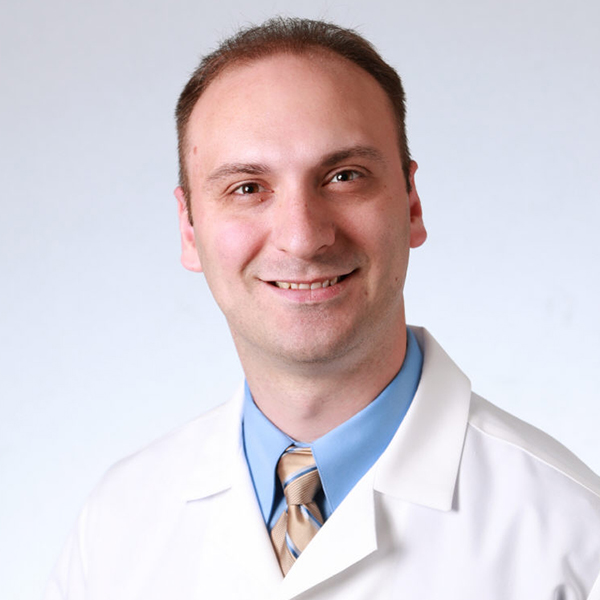Sizing Yourself Up
I thought I did well.
My encounter was over, and I was standing outside the exam room, reflecting.
Maintained good eye contact? Check.
Respectful and empathetic? Double Check.
Showed Confidence? Naturally.
Upon re-entering the room, the standardized patient was reviewing what I did well and what needed improvement. I was nodding my head in approval of what they were saying, still patting myself on the back. Then I heard them say: “You could use some improvement in your confidence.”
I stared blankly at them, as if their statement was in some other language that I was desperately trying to comprehend. Jolted back to earth from my mental celebration, I listened as they continued.
"You definitely knew what you were doing,” the patient explained, “but you didn't seem to trust yourself when I was asking you some questions. Almost as if you were doubting yourself. That makes us [as patients] nervous.”
I left the room with much to reflect on.
For some, having confidence means being able to stand up for what you believe in, even if the world is against you. For others, just being able to stand up and face the world is a feat worth celebrating. As medical students, the confidence we need is not only confidence in our mastery of medical knowledge, but also confidence in our ability to care for our patients. I used to think that these were one in the same, or rather, that development of one would lead to the other, but I was mistaken.
Confidence in our ability to care for our patients is not something that can be learned in a classroom, but instead in experiences where we are put to the test and forced to rely on ourselves to do the right thing. For many, this is a significant source of anxiety and self-doubt. Trust me, I know…
I wanted to share some things that I think will help my colleagues as we continue to develop our care-giving skills.
Don’t Doubt Your Knowledge
We all feel like we are never learning the material to the extent that we need to. Personally, I feel like I am bouncing from exam to exam, merely treading water. But when I talk to my classmates and mentors, I often realize that I know quite a bit more than I give myself credit for. It is okay to rely on that knowledge and trust my abilities.
Talk for Support
Many of us are strong-willed people. Acknowledging our lack of confidence can be hard, especially to family and significant others. Look at this way, if we don't dare to have hard conversations with our family, how are we going to have them with our patients?
Acknowledge Your Limitations
We all have failings, and sometimes medical school can make it seem like we fail more than we succeed. I believe that this too is part of the learning process to become better physicians.
We will encounter problems that we cannot solve quickly (or at all), and we need to learn to be okay with that. We will not be able to cure and save every patient we care for, nor should we expect to. We should strive for that, yes, but we need to recognize our limitations in that regard. We can start by learning to do that in our classes, where the stakes are much lower. We should still strive to do our best, of course, but learning to recognize our limitations will allow us to focus our confidence on what we do know rather than dwell on what we may not know well enough.
And finally, and most importantly…
Trust Yourself
Trust those experiences that brought you where you are today, and where they will bring you tomorrow. None of us are going to be perfect physicians and all of us will make some mistakes on this journey. Have the confidence to admit this and learn how to improve yourself. I can guarantee that you learn to trust the confidence already have.
Jared Darlian, DrPH, MBA
Osteopathic Medical Student - 2nd Year (OMS II)
Pacific Northwest University of Health Sciences

